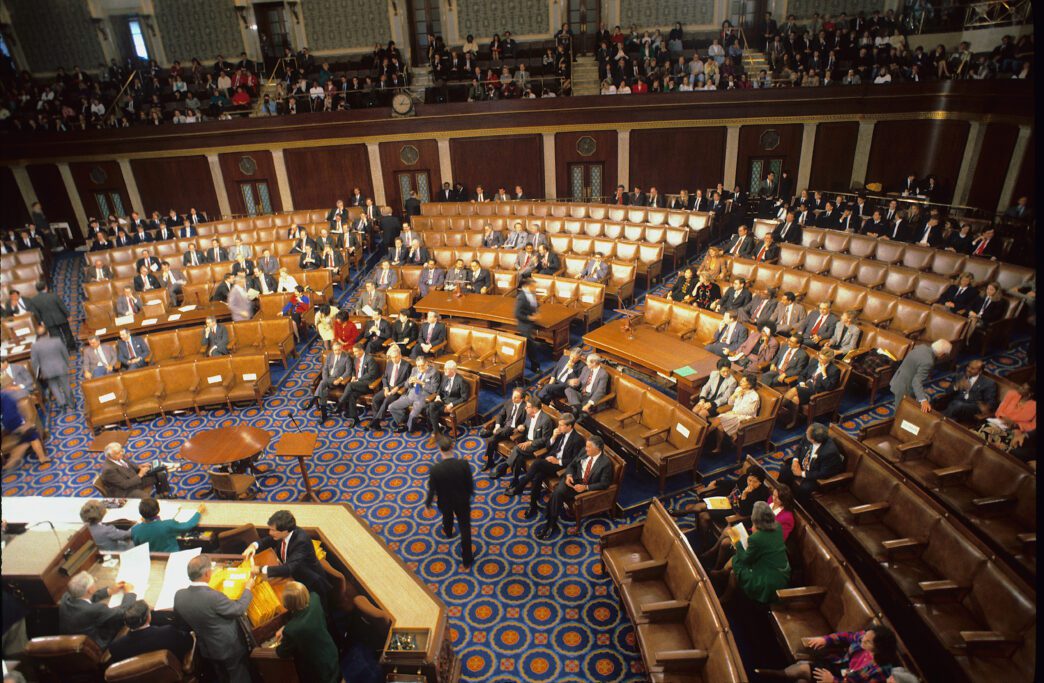Executive Summary
- Representative Clay Higgins was the sole Republican in the House to vote against the bipartisan bill mandating the release of Jeffrey Epstein files.
- Higgins cited concerns that the legislation could reveal and injure thousands of innocent people and abandons established criminal justice procedures.
- The measure passed the House 427-1 with overwhelming bipartisan support, is expected to move quickly through the Senate, and President Trump intends to sign it.
The Story So Far
- The House overwhelmingly passed a bipartisan bill mandating the release of Jeffrey Epstein files, a measure expected to be swiftly approved by the Senate and signed into law by President Trump, despite initial privacy concerns from some Republicans. However, Representative Clay Higgins was the sole Republican to vote against it, citing concerns that the legislation, as written, could harm innocent individuals by revealing private information and that it abandons established criminal justice procedures.
Why This Matters
- The imminent release of Jeffrey Epstein’s files, driven by overwhelming bipartisan support and President Trump’s stated intent to sign the bill, signifies a major step towards increased transparency regarding his network, overriding privacy concerns raised by some lawmakers. This rapid legislative movement suggests the documents will soon be public, potentially exposing numerous individuals to scrutiny even if not criminally implicated.
Who Thinks What?
- Representative Clay Higgins voted against the bill, arguing it abandons criminal justice procedure and could harm thousands of innocent people, including witnesses and family members, by revealing their privacy.
- The overwhelming bipartisan majority of the House of Representatives supported the bill, passing it 427-1, indicating a desire for the release of Jeffrey Epstein files.
- President Trump intends to sign the bill into law, and Senate Republican Leader John Thune expects the Senate to quickly take up the measure without amendments, given its strong support.
Representative Clay Higgins (R-La.) was the sole Republican in the House of Representatives to vote against a bipartisan bill mandating the release of files related to Jeffrey Epstein, citing concerns that the legislation, as written, could harm innocent individuals. The measure passed the House by an overwhelming margin of 427-1 on Tuesday and is expected to move to the Senate, with President Trump indicating his intent to sign it into law.
Higgins defended his opposition on X, stating that the bill “abandons 250 years of criminal justice procedure in America” and could “reveal and injure thousands of innocent people,” including witnesses, alibi providers, and family members. He emphasized that his vote was driven by a need to protect the privacy of those not criminally implicated in the Epstein case.
While some other Republicans, including House Speaker Mike Johnson, had voiced similar concerns regarding privacy, Higgins’ vote marked a significant departure from the rest of the chamber. Senate Republican leader John Thune indicated that the Senate would likely take up the measure quickly, potentially as early as Tuesday.
Higgins, a member of the House Oversight Committee, stated he would only support the bill if the Senate amended it to properly address the privacy of victims and other Americans named but not criminally implicated. However, Thune suggested that amendments are improbable given the bill’s strong bipartisan support in the House and President Trump’s stated intention to sign it.
Key Takeaways
Representative Clay Higgins stood as the lone Republican dissenter in the House vote on the Epstein files release, emphasizing concerns over privacy and established criminal justice procedures. Despite his objections, the bill received overwhelming bipartisan support and is expected to advance swiftly through the Senate to President Trump’s desk.








